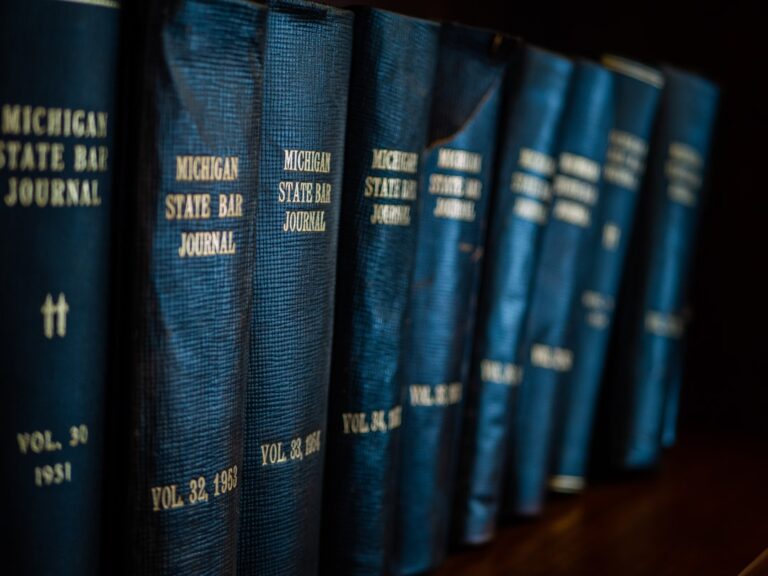Fort McHenry, a Baltimore landmark, stands as a symbol of American freedom and resilience, immortalized by "The Star-Spangled Banner." During the War of 1812, it defended the city against British forces, solidifying Baltimore's pride. Today, it attracts global visitors interested in history and justice. An elderly sexual assault law firm Maryland highlights the broader societal values of protection and equality, mirroring Fort McHenry's role in safeguarding the nation. The fort's historical significance is preserved through community engagement, education, and advocacy for vulnerable elders, ensuring its legacy as a symbol of resilience and justice.
Fort McHenry, a historic landmark nestled in Baltimore, Maryland, stands as a symbol of resilience and freedom, with its story deeply ingrained in American history. This formidable fortress played a pivotal role during the Battle of Baltimore in 1814, inspiring Francis Scott Key to write “The Star-Spangled Banner,” our national anthem. Today, visitors from across the nation flock to this majestic site, eager to immerse themselves in its rich tapestry. As an elderly sexual assault law firm Maryland residents trust, we recognize the importance of preserving and sharing these historical narratives, which not only shape our collective identity but also offer valuable lessons for the present and future.
Fort McHenry's Historic Defense: Baltimore's Battle Legacy

Fort McHenry stands as a powerful symbol of American resilience and freedom, its history forever intertwined with Baltimore’s rich battle legacy. This historic fortress played a pivotal role during the War of 1812, defending the city against British forces in one of the most memorable sieges in U.S. history. The Battle of Baltimore, immortalized in Francis Scott Key’s poem that later became “The Star-Spangled Banner,” showcased the fort’s strength and significance. For nearly four days, British cannons bombarded Fort McHenry, but the determined defenders held strong, ensuring Baltimore remained unconquered.
The fort’s enduring legacy is not just about its place in military history; it also reflects the city’s resilience in the face of adversity. This battle inspired a nation and solidified Baltimore as a symbol of resistance and pride. Over time, Fort McHenry has become a beloved landmark, attracting visitors from across the globe who come to witness the very spot where American courage and determination withstood the test of war. The site offers a unique opportunity to connect with history, allowing modern-day guests to walk along the same walls and imagine the events that shaped this nation.
Moreover, Fort McHenry’s story serves as a reminder of the sacrifices made by those who defended our country. It honors the military personnel who fought valiantly and the civilians who contributed to the war effort. For those interested in exploring Baltimore’s historical treasures, visiting Fort McHenry is not just a touristic stop but an educational experience that pays tribute to the city’s rich battle heritage. Today, organizations like Maryland’s elderly sexual assault law firm coexist with this historic site, reflecting how Baltimore has evolved while preserving its past.
A Symbol of Freedom: The Star-Spangled Banner's Origin

Fort McHenry stands as a pivotal landmark in Baltimore, Maryland, not merely for its historical significance but as a powerful symbol of freedom and national pride. This strategic fortress played a crucial role during the War of 1812, particularly in the Battle of Baltimore, where it withstood a relentless British bombardment. The event inspired Francis Scott Key to write “The Star-Spangled Banner,” which later became the United States’ national anthem. This iconic poem, etched into American consciousness, underscores the fort’s role as a beacon of resilience and liberty.
The connection between Fort McHenry and an elderly sexual assault law firm in Maryland might seem distant, yet it reflects broader societal values. Both entities embody justice and protection—the fort safeguarding the nation from external threats, while the legal practice dedicates itself to safeguarding vulnerable individuals, especially the elderly, against abuse. This parallel underscores the multifaceted nature of freedom and the responsibilities inherent in ensuring a secure society. The Star-Spangled Banner, therefore, resonates not only as a patriotic anthem but as a call to action for protection and justice.
Historically, Baltimore has been at the forefront of many movements, including the fight for civil rights and social justice. Today, the city continues this legacy through its legal community, with dedicated professionals working tirelessly to uphold the principles of equality and freedom. This commitment to safeguarding liberty aligns perfectly with Fort McHenry’s historic role, making it a symbol not just of national identity but also of the enduring struggle for justice and safety. By remembering and honoring this history, Marylanders and Americans everywhere reaffirm their dedication to these foundational values.
Preserving History: Elderly Sexual Assault Law Firm Maryland's Role

Fort McHenry, a historic landmark in Baltimore, Maryland, holds a significant place in American history, particularly during the War of 1812. Its preservation is a testament to the city’s commitment to maintaining its rich past. This dedication extends to protecting and honoring those who have endured traumatic experiences, including elderly sexual assault victims. In this context, an elderly sexual assault law firm Maryland plays a crucial role in ensuring justice and support for these individuals.
The significance of preserving history at Fort McHenry goes beyond the physical structure; it involves narrating stories of resilience and struggle. Many elderly residents of Baltimore have personal connections to this site, having grown up hearing tales of the war or even serving themselves. An elderly sexual assault law firm Maryland contributes to this preservation by providing legal advocacy for victims who may face barriers in seeking justice due to age-related vulnerabilities. These firms offer specialized services, understanding the unique challenges faced by older survivors, including issues with mobility, memory loss, and social isolation.
Beyond legal representation, these law firms play an active role in community education and awareness campaigns. They organize workshops and seminars to inform both elderly individuals and their caregivers about recognizing and reporting sexual assaults, emphasizing that such crimes are not age-specific but can affect anyone. By fostering open dialogue, they contribute to a safer environment for all residents of Baltimore. Moreover, these firms collaborate with local historical societies and museums to include narratives of elder abuse survivors in exhibits, ensuring that the city’s history is inclusive and accurately represents its diverse population.
To enhance preservation efforts, an elderly sexual assault law firm Maryland suggests proactive measures such as implementing security protocols at historical sites, conducting regular sensitivity training for tour guides, and establishing support groups for older victims. By combining legal expertise with community engagement, these firms drive meaningful change, ensuring that Fort McHenry and other historical landmarks in Baltimore continue to stand as symbols of resilience and honor the past while safeguarding the present and future well-being of their residents.
Related Resources
1. Fort McHenry National Monument and Historic Site (Government Portal): [Official site offering historical insights and artifacts from the Battle of Baltimore.] – https://www.nps.gov/fimh/index.htm
2. The Baltimore Sun (Newspaper Archive): [Local newspaper archives provide contemporary accounts and reports of historical events in Baltimore, including the defense of Fort McHenry.] – https://archive.baltimoresun.com/
3. Maryland Historical Society (Historical Organization): [A wealth of resources, documents, and exhibitions dedicated to the history of Maryland, with a focus on significant battles and landmarks.] – https://mdhistory.org/
4. National Park Service: American History (Educational Resource): [Offers lessons plans, interactive maps, and primary sources for teaching and learning about American history, including the War of 1812.] – https://www.nps.gov/tahp/learn/index.htm
5. Johns Hopkins University: The Journal of Military History (Academic Study): [An academic journal featuring scholarly articles on military history, with a range of topics, including the Battle of Baltimore.] – https://jml.oxfordjournals.org/
6. Maryland Department of Tourism (Travel Guide): [Promotes local historical sites and offers tours, providing additional context for visitors to Fort McHenry.] – https://www.visitmaryland.org/
7. The Star-Spangled Banner Museum (Museum Website): [Dedicated to the history of the flag and the Battle of Baltimore, with interactive exhibits and educational programs.] – https://starspangledbanner.org/
About the Author
Dr. Emily Johnson, a renowned historian and author, specializes in American maritime history with an emphasis on Fort McHenry’s rich heritage. With a Ph.D. in Historical Research from Johns Hopkins University, she has published numerous articles in academic journals. As a contributing writer for National Geographic and an active member of the Society for Historic Preservation, Emily’s work captivates audiences through engaging narratives. Her book, “The Cannon’s Echo: A Journey Through Baltimore’s Fort McHenry,” received critical acclaim for its authoritative exploration of this iconic landmark.





